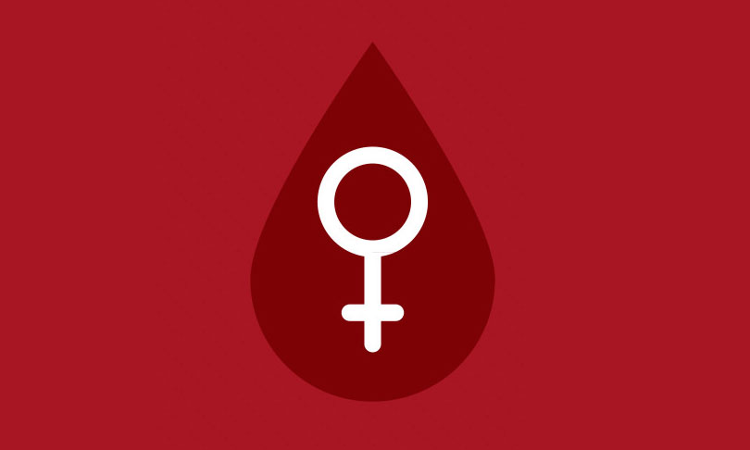Next Story
21 March 2024 5:15 PM IST
In a contentious move that has sparked global outcry, Gambia's parliament has taken significant steps toward repealing the ban on female genital mutilation (FGM), potentially making it the first nation to backtrack on legal protections against the harmful practice. The debate over repealing the ban, initially imposed in 2015 by former President Yahya Jammeh, has reignited in...

